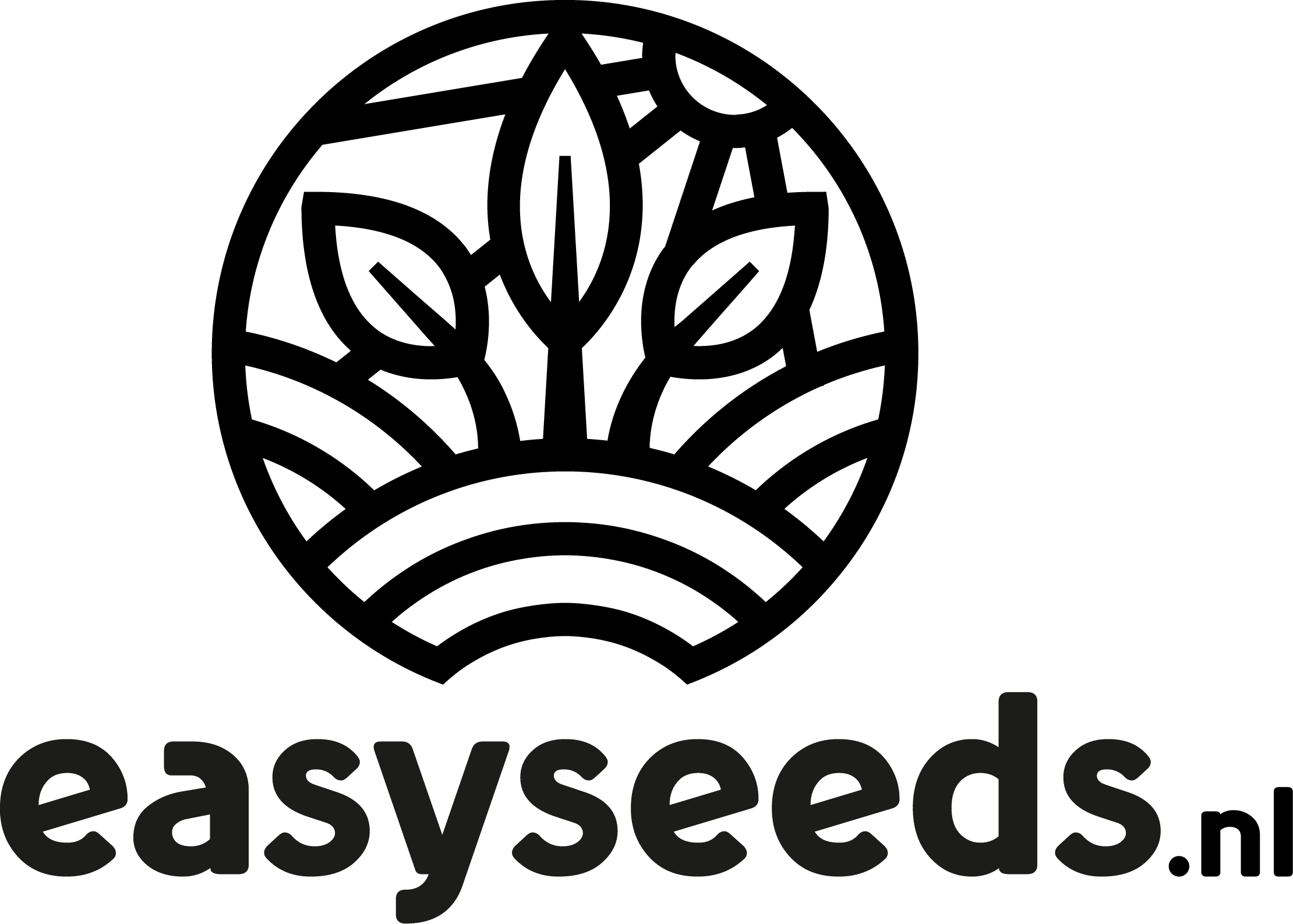Product form
PRODUCT (SEED) FORM
Raw (normal) seed
This is seed that comes in its natural form, no improvement or treatment at all.
All raw seed lots are cleaned and processed using multiple mechanical procedures to obtain highly pure,homogenous seed products.
De-tailed (or clipped) seed
Seeds that have the tail removed by clipping.
The smoother shape enables easier seeding by machine, but not as easy as coated or pelleted seeds.
The best known example is Tagetes (or Marigold) seed.
Coated (or film coated) seeds
The seeds receive a thin layer of material around the surface. The purpose of the layer may be: easier handling, protection of the germinating young plants, etc.
Often with a color added for improved visibility. The seed shape or weight does not change.
Pelleted seeds
These seeds are covered by multiple layers of clay to improve the shape or the size for sowing in machine. Often with a color added for improved visibility.Specially used for smaller seeds that are almost impossible to sow by machine.A typical well known example is Begonia seed, because of its extreme small size.
Multi-pelleted seeds
Multi-pellets are just like standard pellets except each pellet contains several seeds. This makes producing some species e.g. like Lobelia erinus or Portulaca easier by producing a bushy plant with just one pellet.
Multi-Species pellets
In each Multi-Species pellet there are several varieties combined in one pellet. These different species are especially chosen by the breeder, after extensive testing, to combine and produce mixed containers with just one pellet.
Primed seeds
In nature, dormancy is a survival mechanism preventing seeds from germinating under optimal climatic conditions to bridge an unfavorable season for seedling development. Depending on the species, this „deep sleep“ can last for months (usually the winter season), but high performance greenhouse production demand instant, fast and uniform germination.
In priming seeds, the process of germination is initiated, but then stopped just before the root comes through the seed coat. The seeds are then dried, to prevent further development.
When sown these seeds have a more uniform germination and growth and will germinate under a wider range of conditions.
A disadvantage is that these seeds have a limited storage period (max. 6 months at 5oC. (41oF.).
Amplified seeds
Seed that is enhanced though a proprietary process, resulting in faster and more uniform germination compared to non-enhanced seed.
An example is Echinacea.
Trademarks of the different breeders:
BeGreen (by Benary Samenzucht)
A seed treatment that is chemical and micro-plastic free.
The treatment can be a coating, pelleting, priming, ApeX or ApeX pelleting.
ApeX (by Benary Samenzucht)
Benary ApeX seed is a priming (see ‘primed seeds’). We apply specific physiological treatments to ‘break’ this dormant state and ensure that the seeds germinate at their best possible rate. Growers can depend on faster germination and significant increases in viable seedling from Benary ApeX seeds. Benary ApeX increases young plant yield by up to 30%.
QIS = Quality in Seed (by Econ Seed).
The QIS branding stands for carefully selected varieties, that will be able to fulfil the demanding standards of the floristry industry.
Our performant seed production and cleaning facilities ensure the supply of only the finest quality seeds.
PrecisionTM Multi-seed pellet (by PanAmerican Seed)
This form is offered when we want to supply a precise number of seeds in a multi-seed pellet. Each seed is pelleted first, then combined with others into a larger pellet. When the multi-seed form is used for multi-species combinations, we can ensure that a precise number of seeds of each variety of the mix is in every pellet.

